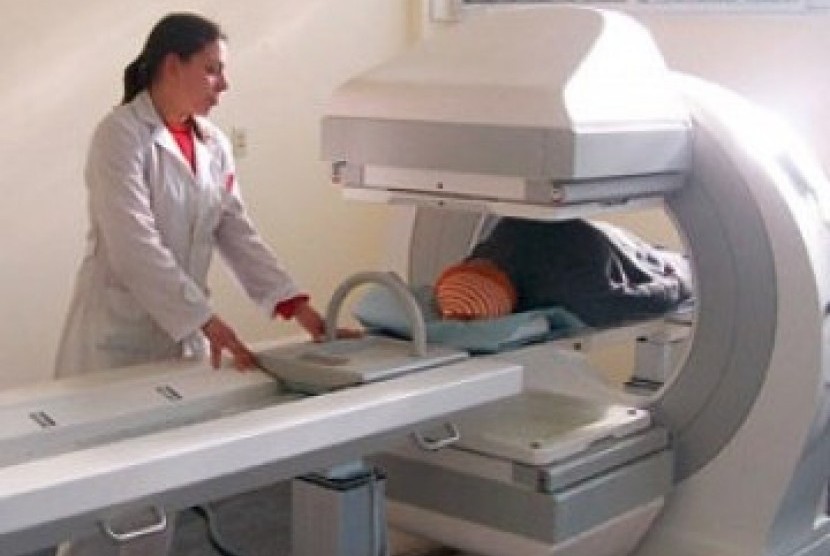REPUBLIKA.CO.ID, WASHINGTON -- Men who continued to smoke after being diagnosed with cancer had an increased risk of death compared with those who quit smoking, U.S. researchers said Friday.
The new research, published in Cancer Epidemiology, Biomarkers & Prevention, a journal of the American Association for Cancer Research, showed it is not too late to stop smoking after cancer diagnosis, the researchers said.
They used data from a study investigating the association between lifestyle characteristics and risk of cancer among middle- aged and older men in Shanghai, China. Between 1986 and 1989, over 18,000 men aged 45 to 64 were enrolled in the study.
They determined more than 1,600 participants had developed cancer by 2010. Of these participants, 340 were nonsmokers, 545 quit smoking before their cancer diagnosis, and 747 were smokers at diagnosis.
Of the 747 smokers at diagnosis, 214 quit after diagnosis, 197 continued smoking consistently, and the remaining 336 smoked intermittently.
Compared with men who did not smoke after a cancer diagnosis, those who smoked after diagnosis had a 59 percent increase in risk of death from all causes, after adjusting for factors including age, cancer site, and treatment type, the researchers said.
When limited to men who were smokers at diagnosis, those who continued smoking after diagnosis had a 76 percent increase in risk of death from all causes compared with those who quit smoking after a diagnosis, they said.
When cancer patients who continued smoking after diagnosis were compared with cancer patients who quit smoking after diagnosis, the risk of death varied with different cancer organ sites: risk of death increased by 2.95-fold for bladder cancer patients who continued smoking, 2.36-fold for lung cancer patients who continued smoking, and 2.31-fold for colorectal cancer patients who continued smoking.
"Many cancer patients and their health care providers assume that it is not worth the effort to stop smoking at a time when the damage from smoking has already been done, considering these patients have been diagnosed with cancer," study author Li Tao, an epidemiologist at the Cancer Prevention Institute of California in Fremont, said.
"Our study provides evidence of the impact of postdiagnosis smoking on survival after cancer, and assists in addressing the critical issue of tobacco control in cancer survivorship," she said.
Tao said that only a fraction of cancer patients who are smokers at diagnosis receive formal smoking cessation counseling from their physicians or health care providers at the time of diagnosis and treatment, and that less than half of these patients eventually quit smoking after the diagnosis.
"Therefore, there is considerable room for improvement with regard to tobacco control in the postdiagnosis setting for the growing population of cancer survivors," she added.


